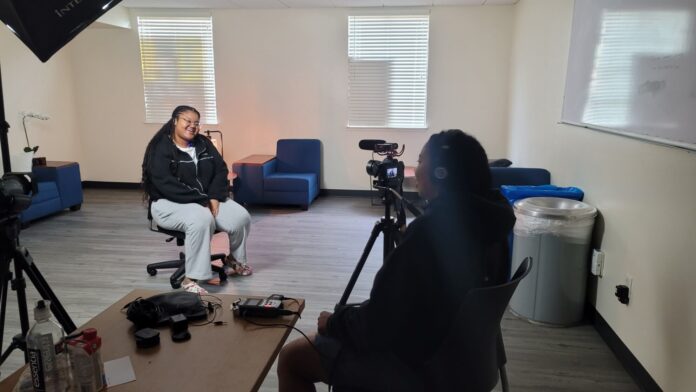In order to graduate, all Occidental students must complete a senior comprehensive project. According to Occidental’s website, senior comprehensive projects, or comps, are examinations or projects that test students’ mastery of their major subject and vary between departments.
Toni Thompson (senior), a double major in economics and Media Arts & Culture (MAC), said that the economics comprehensive requirement is satisfied by passing a senior seminar class in the fall semester.
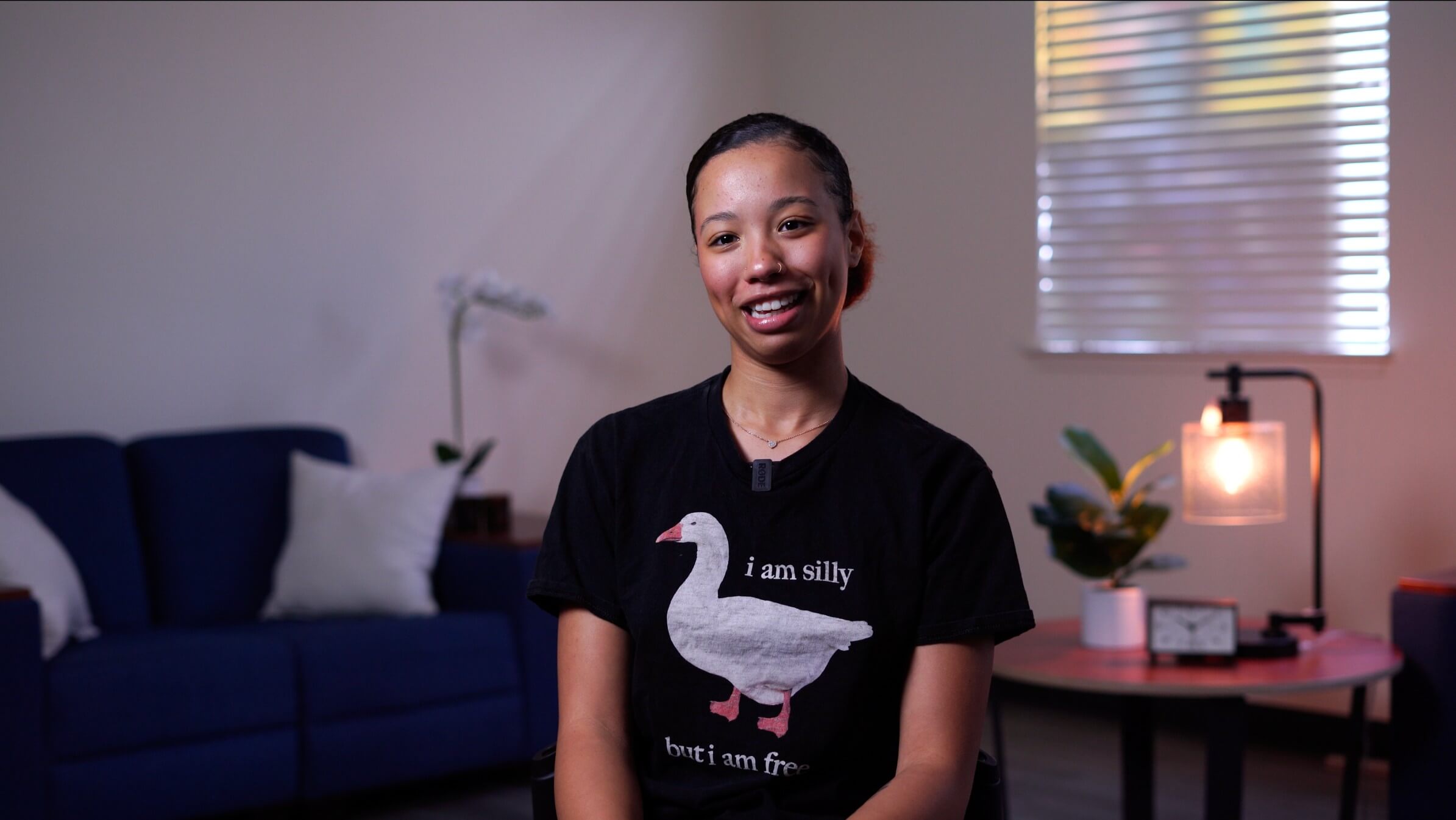
“It’s just pass/fail based on that class,” Thompson said. “Make sure you just show up to the class and do well on all your tests, and make sure that you’ve met all the requirements for that major.”
However, Thompson said that the MAC senior comprehensive project takes place during both semesters of senior year. Thompson, who said she is concentrating in Media Production, said that the fall semester is dedicated to the production of a film project.
“The script actually should be written during the summer before you go into your senior year,” Thompson said. “Your whole idea should come from the summer before you begin so you can hit the ground running.”
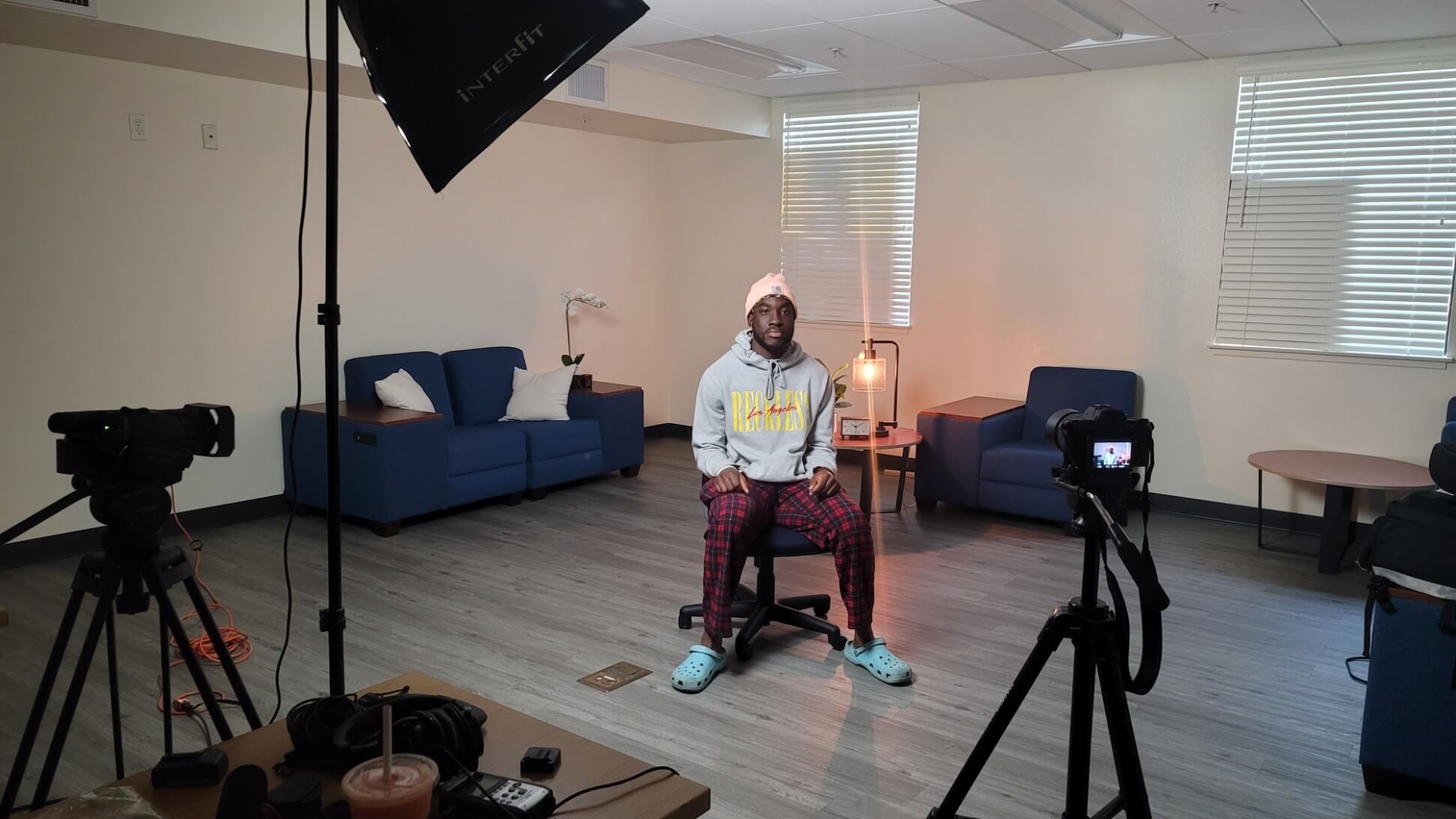
According to Thompson, MAC expanded the potential types of senior comprehensive projects that students can create in the past year, including screenplays and television show pilot episodes.
“A new thing we did is you can work by yourself or with a team for comps, so I worked with a team for my comps,” Thompson said. “That’s a huge adjustment that they made for this year from last year, and I think that’s actually working really well.”
Thompson said she thinks that the changes made to the MAC senior comprehensive projects give students more freedom and more accurately reflect the professional filmmaking industry.
“Another option is to write a pilot episode and do a pitch document for a TV episode you want to pitch,” Thompson said. “I like how they’re already broadening the different things you can do because there’s so many things you can do within the film industry.”
Psychology Department Chair Professor Andrew Shtulman said that the senior comprehensive project for psychology majors is a multiple-choice test with 150 questions divided into five sections.
“Four of the sections are our fundamentals domains, because the major is broken up into four fundamentals domains, and then the remaining section covers methods and statistics,” Shtulman said. “Students have to pass the entire comps with a 60% grade or better, as well as the methods and stats section with a 60% grade or better.”
Shtulman said that focusing on developing proficiency in the methods and statistics section is important for students because the content of the other four sections are already covered by classes required for the psychology major.
“Because the methods and statistics section is graded separately, it’s very important that they have a solid foundation in that area,” Shtulman said. “The hope for the other questions is that they’ll just remember that material from actually having taken the relevant courses.”
According to Shtulman, psychology used a research project as its senior comprehensive project in the past, but replaced it with the current test format due to the decreasing number of psychology professors over time. Shtulman said that he would prefer to use the research project format and that he hopes to return to it in the future.
“We anticipate that in a couple [of] years, we’ll be up to eight tenure track faculty, and then we can go back to a project-based model,” Shtulman said.
Other departments, including chemistry, also use tests as senior comprehensive projects. Professor and Chair of Chemistry Emmanuelle Despagnet-Ayoub said that seniors must pass tests provided by the American Chemical Society in five different subjects — including organic chemistry, physical chemistry and analytical chemistry — in addition to completing a paper based on their own research of articles.
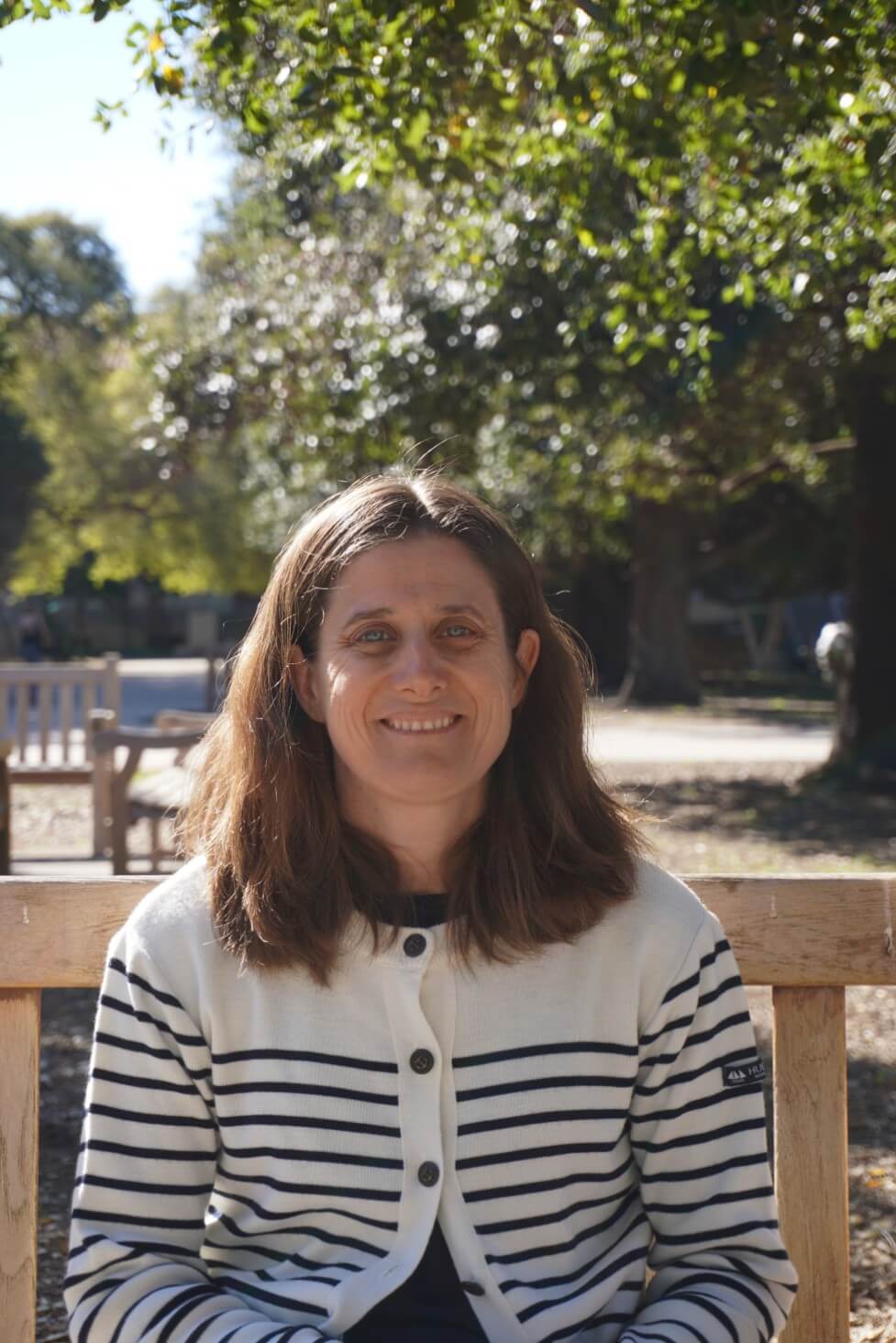
“As soon as they have a draft, they send it in to a faculty [member] in the department, they get comments and they address the comments,” Despagnet-Ayoub said. “So this shows them how a real scientific paper is written.”
Despagnet-Ayoub said that after the students complete their research papers, which she said cover topics including biochemistry and materials science, they present them to professors and other seniors majoring in chemistry.
“This is what makes these comps very interesting,” Despagnet-Ayoub said. “They learn from each other because they are going to learn from special topics in one component of chemistry that they may not have heard of.”
According to Despagnet-Ayoub, seniors in chemistry have historically been successful in completing their senior comprehensive projects, but they still can receive support if they need it.
“The last few years, all of the seniors passed their comps,” Despagnet-Ayoub said. “When they reach this level, they have really good knowledge, but for the people that are borderline, we make sure that we guide them a little bit more and make sure that they reach exactly the same level as the other ones.”
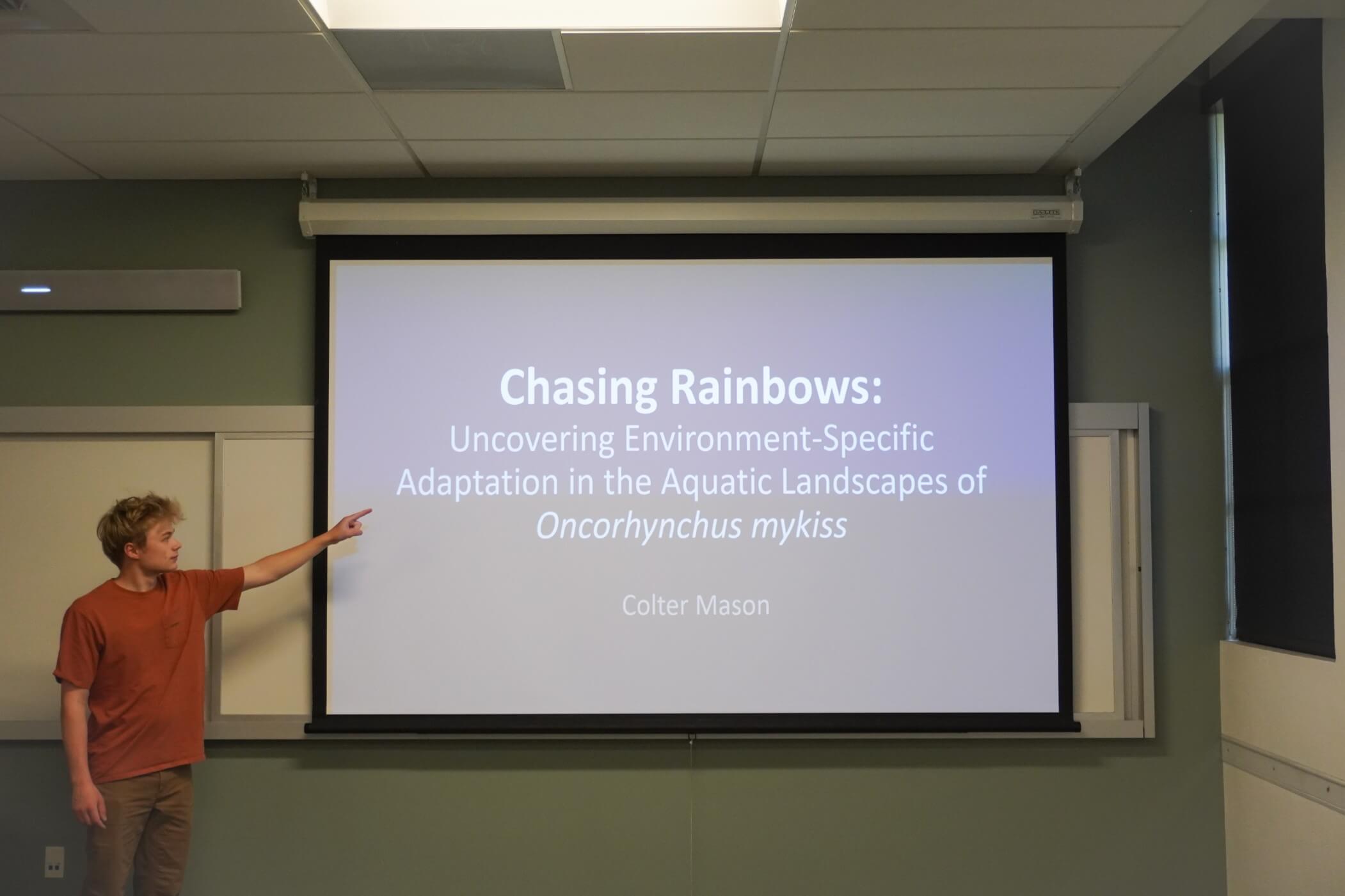
Colter Mason (senior), a double major in biology and Comparative Studies in Literature & Culture (CSLC), said that CSLC includes both a large research project and a short 10 minute presentation. Mason said that CSLC projects often cover complex topics, and that his paper relates to his interests in both philosophy and science.

“It is a genealogical or historical tracing of the general perception of nature and time throughout history,” Mason said. “The separation we see between science and philosophy, and essentially the incompatibilities we see within modern science, are because of historically contingent factors that, throughout time, have created this division.”
Mason said that biology, on the other hand, uses a shorter research paper but a longer, 45-minute presentation on the same topic.
“You usually pick one or two focal [research] papers, and sort of explore them and have to expand your own ideas based off of them,” Mason said. “Then you also have to write [a] 2000-word paper that’s more of a synopsis of your work, and then the presentation is the main body of it.”
According to Mason, professors usually focus on supporting students in completing their senior comprehensive projects rather than excessively challenging or criticizing them.
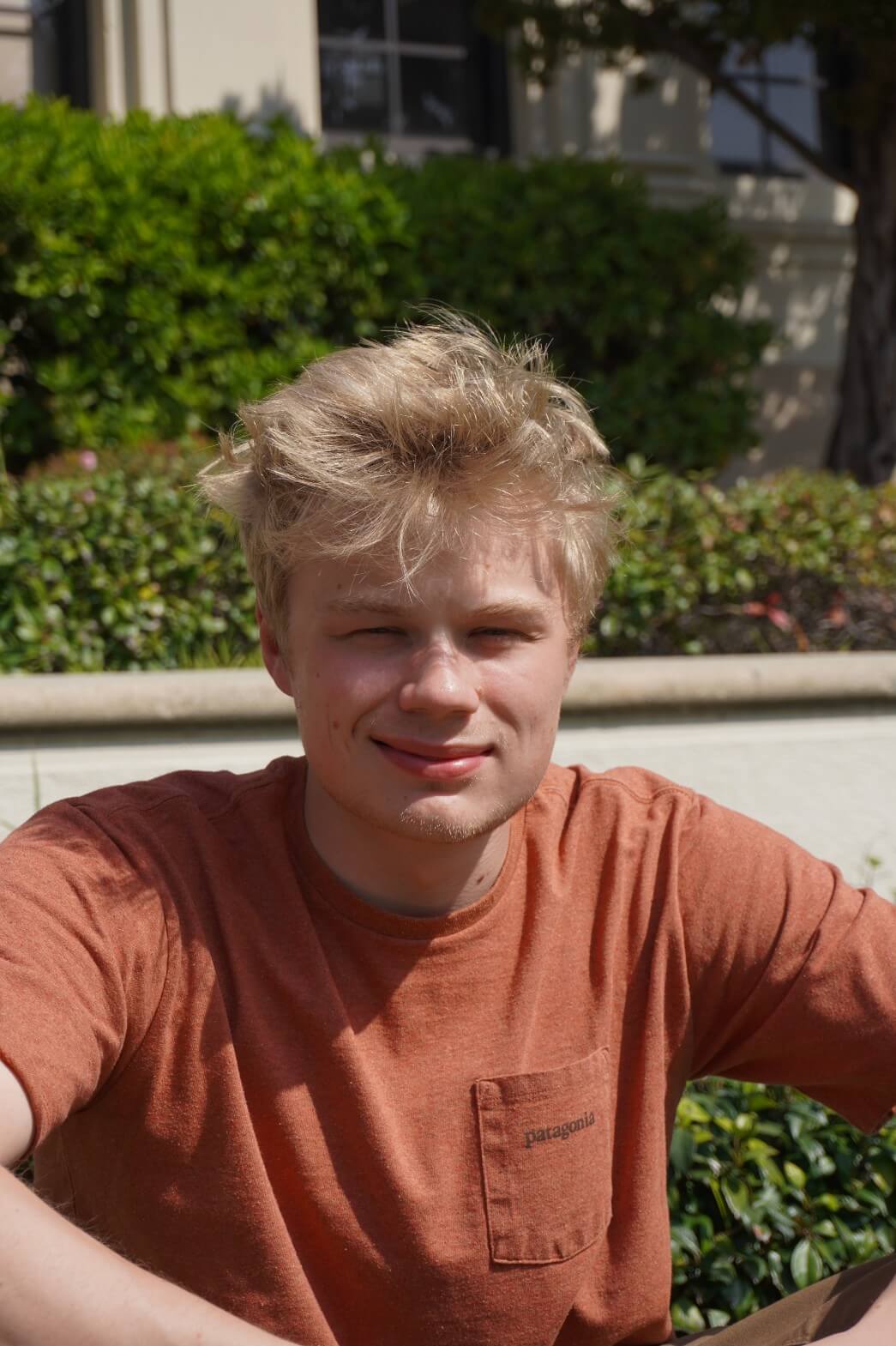
“They’re pretty lenient in their passing,” Mason said. “They’re not trying to grade you down, they’re not trying to catch you, it’s always a very positive, very affirmative environment.”
Mason said that the structure of senior comprehensive projects differs from previous educational experiences at Occidental, and gives students more agency over their own academic goals.
“Being able to structure your own schedule, structure your own motivation and your own decisions behind it is just a very freeing and very cool thing,” Mason said. “It’s kind of a taste of a more professional and respected level — you don’t just feel like a student taking a class.”
Contact Clay Carson at carsonc@oxy.edu
![]()































